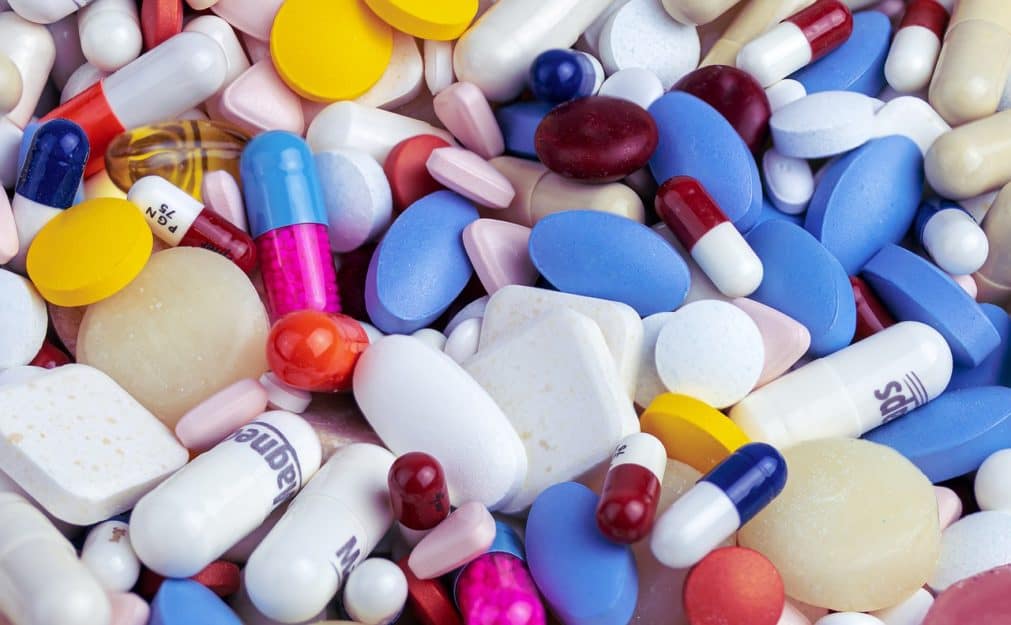Last Updated on October 19, 2024 by The Health Master
New Delhi: Of the 14,589 C-19 patients in Delhi, 7,983 (55%) are under home isolation. Most of these patients are either asymptomatic or have mild symptoms.
Doctors say it’s important for patients who are under home isolation to keep in touch with a physician during isolation — either through teleconsultation or periodic visit.
“Low levels of oxygen saturation, persistent cough, breathlessness and feeling very weak should be treated as warning signs,” Dr Sumit Ray, head of department of critical care at Holy Family Hospital, said.

Dr Suresh Kumar, medical director of Lok Nayak Hospital, said that delayed admission was one of the main factors behind deterioration in condition and, in some cases, death due to C-19.
To read more about self medication:
Self-medicating elderly facing side-effects: Doctors
7 everyday medication mistakes that can make you sick
Expiry and shelf life of medicine: Must read
“Some people keep taking medicine on their own. And when the situation goes out of hand, they rush to the hospital. We have seen cases where assistive ventilation was necessitated due to delayed admission,” he added.
According to Dr Rajesh Chawla, senior consultant, pulmonary medicine at Apollo hospital, fever, loss of taste and smell are the most common symptoms of C-19. But, he added, they were also seeing many patients coming with diarrhoea.
Also read:
Crystec Pharma launches new R&D centre in Haimen, China
G Koteshwar Rao of Telangana elected coordinator of IPGA for south…
Zydus Cadila seeks DCGI nod for Hepatitis drug use in C-19…
21,087 violations by Medical Stores, Blood Centres, Hospitals etc.
Online National Drug Licensing system from April 15: DCGI
“With experience, we know better how to manage the C-19 patients. But even now, we are getting many cases requiring ICU care. This disease shouldn’t be taken lightly,” he said.
Treatment for C-19 involves three key components — drugs to reduce the viral load, steroids that can suppress a cytokine storm and drugs to prevent clotting of blood.
A number of drugs used for other illnesses, in addition to Hydroxychloroquine, were tried for treating C-19 patients last year because there was no known cure. Convalescent plasma therapy was also used extensively.
“As cases increase, there is a significant increase in demand for convalescent plasma again,” said a senior doctor at the Institute of Liver Biliary Sciences that houses a dedicated plasma bank.
Delhi witnessed three peaks in C-19 cases last year, in May, August and November, respectively. December onwards, the number of cases started to come down. However, there has been an exponential increase in new cases over the past two weeks.
The presence of mutated strain of SARS-CoV-2, the virus that causes C-19, is considered a key factor behind this.








